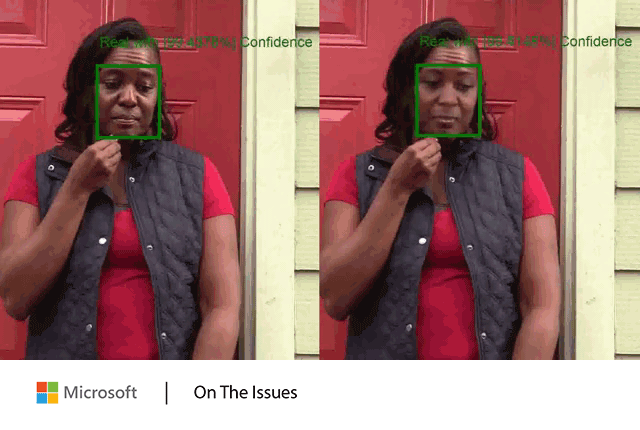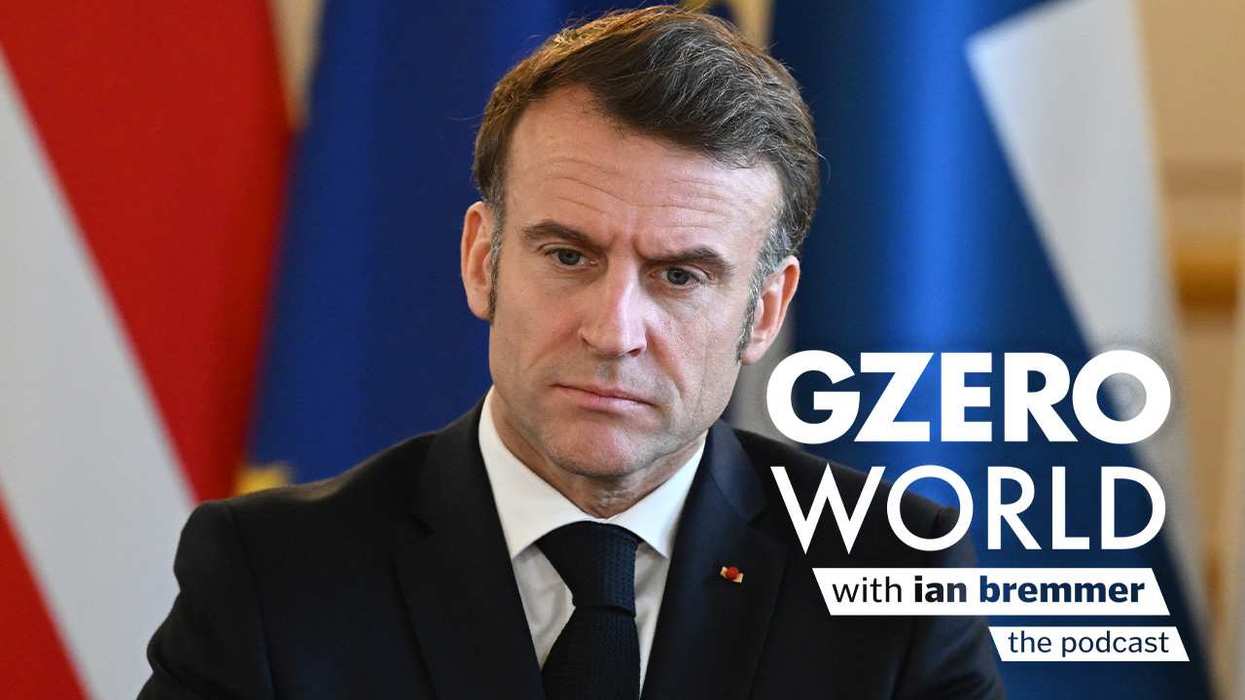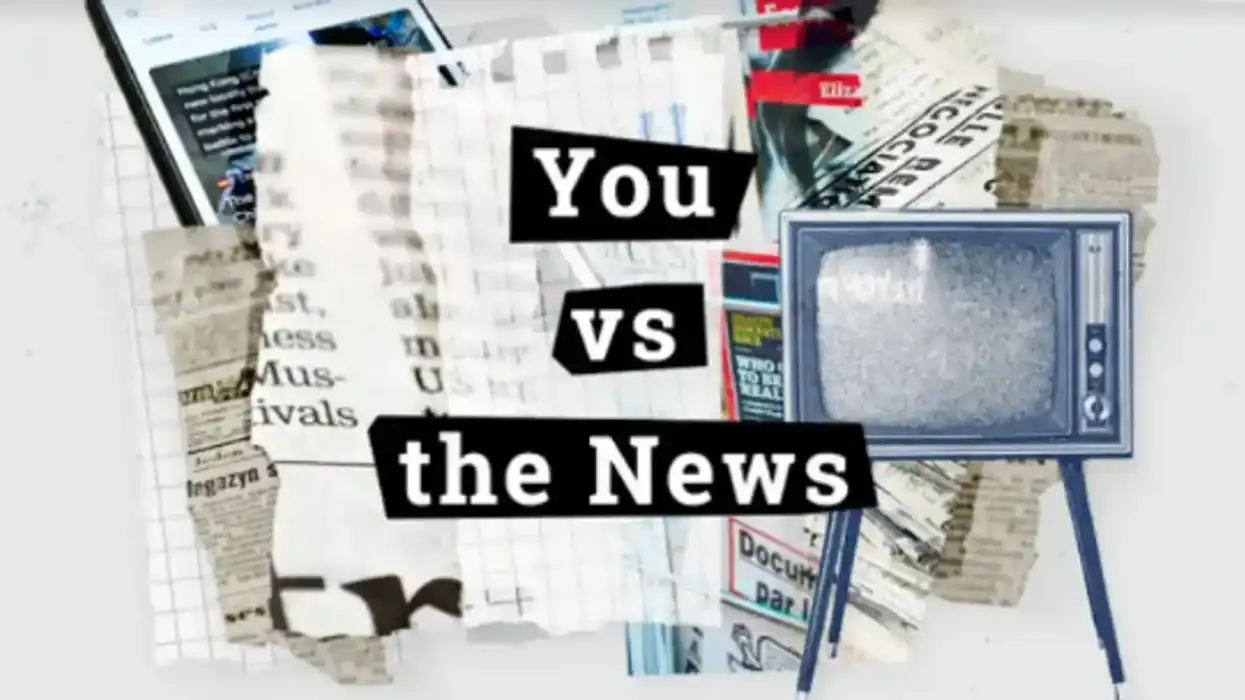There is no question that disinformation is widespread. Research Microsoft supported from Professor Jacob Shapiro at Princeton, updated this month, cataloged 96 separate foreign influence campaigns targeting 30 countries between 2013 and 2019. These campaigns, carried out on social media, sought to defame notable people, persuade the public or polarize debates. While 26% of these campaigns targeted the U.S., other countries targeted include Armenia, Australia, Brazil, Canada, France, Germany, the Netherlands, Poland, Saudi Arabia, South Africa, Taiwan, Ukraine, the United Kingdom and Yemen. Some 93% of these campaigns included the creation of original content, 86% amplified pre-existing content and 74% distorted objectively verifiable facts. Recent reports also show that disinformation has been distributed about the COVID-19 pandemic, leading to deaths and hospitalizations of people seeking supposed cures that are actually dangerous. Microsoft announced two new technologies to combat disinformation, new work to help educate the public about the problem, and partnerships to help advance these technologies and educational efforts quickly. To read the announcement, go to Microsoft on the Issues.
popular
New Steps to Combat Disinformation

By MicrosoftSeptember 01, 2020
Microsoft
Microsoft On The Issues offers perspectives from Microsoft on legal, public policy and citizenship topics. Microsoft passionately believes in the power and potential of technology, and that the right tech policies can help underpin innovation, encourage competition and ensure tech innovations continue to benefit everyone. Microsoft shares their point of view and ideas on topics as diverse as privacy, cybersecurity, intellectual property, environmental sustainability, education and corporate citizenship. Learn more at Microsoft On The Issues.


















